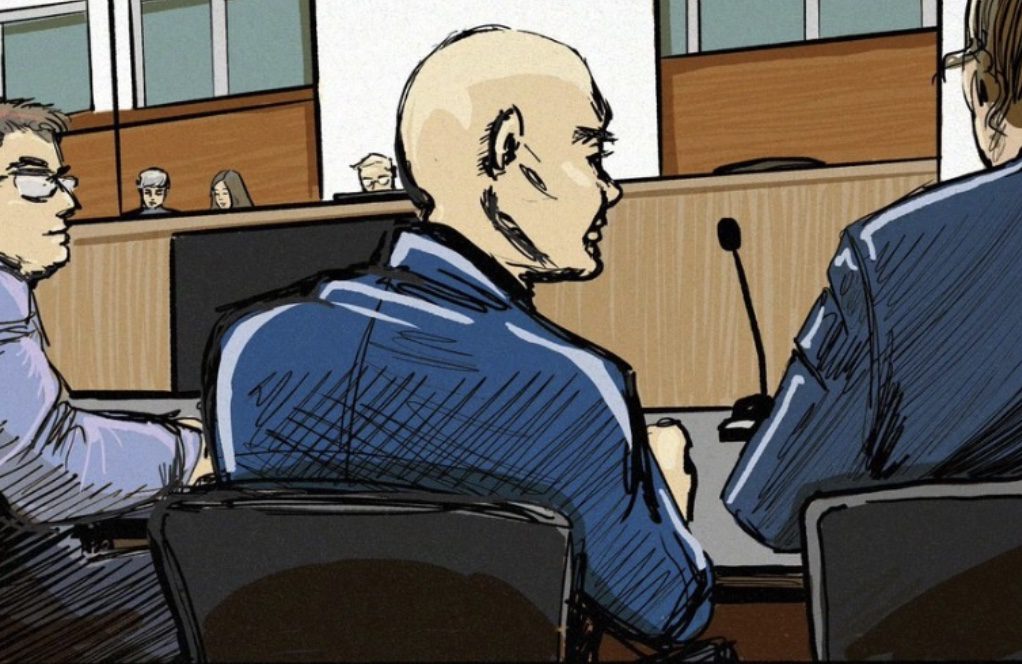President Joe Biden is facing increasing pressure from Democrats and the EU to declare a climate emergency similar to the COVID-19 pandemic emergency. The U.S. Oil and Gas Association warns that such a declaration would grant the president extensive powers to shut down various sectors, freeze assets, and affect infrastructure like water and electricity. The previous COVID emergency resulted in border closures, mandatory vaccinations for federal employees, high unemployment, and inflation.
The calls for President Biden to declare a climate emergency are increasing, as concerns about global warming and greenhouse gas emissions continue to rise. Oregon Rep. Earl Blumenauer has introduced legislation that requires Biden to make this declaration, with the support of 62 congressional Democrats. The Guardian newspaper has also published an op-ed urging Biden to declare a climate emergency. The presidential emergency powers, which can be exercised in times of crisis or emergency, could be invoked in this situation. Biden has acknowledged the climate crisis and referred to it as an emergency on multiple occasions.
Stewart also warned that declaring an emergency could result in the censoring of those disagreeing about a climate crisis, like critics of so-called COVID mandates on masks and vaccines were.
“If you disagree with the climate emergency, [speech] can be shut down,” Stewart said. “We really need to be paying attention to that because that power could be extended indefinitely until the ‘climate emergency’ is over. Who knows how long that would last.”
Short of full emergency declaration, a Los Angeles Time staff writer recently wrote a story that asked whether Americans should be subject to “occasional” power grid blackouts in order to combat the climate crisis. The article posed a provocative question: “What’s more important: keeping the lights on 24 hours a day, 365 days a year, or solving the climate crisis?”
This proposition has sparked a heated debate among energy experts and the general public. On one hand, proponents argue that taking drastic measures, such as occasional power grid blackouts, is a necessary sacrifice to address the urgent threat posed by climate change. They believe that prioritizing the planet’s health and sustainability should override the convenience of uninterrupted electricity.
Green power outages
Critics express concerns about the potential consequences and drawbacks of such a strategy. They argue that power outages could lead to significant disruptions in daily life, impacting businesses, healthcare facilities, and vulnerable populations who rely on electricity for essential medical equipment. Furthermore, they emphasize the importance of finding alternative solutions that promote both environmental stewardship and the well-being of communities.
Stewart, echoing the sentiments of many who question the feasibility and fairness of periodic blackouts, believes that this article represents a “softening up of the public.” He suggests that it advances the notion that enduring occasional power outages is a patriotic, ethical, or even spiritual duty to the state. This attempt to influence public opinion and frame the debate in such terms is seen by some as a way to prepare individuals for the possibility of accepting such restrictions in the name of combating climate change.
The argument is that while the idea of sacrificing certain conveniences for the greater good is not unprecedented, implementing power grid blackouts as a deliberate strategy raises complex ethical and practical questions. As societies grapple with the pressing challenge of climate change, striking a balance between environmental concerns and the needs of individuals and communities remains a paramount goal. The ongoing debate serves as a reminder of the importance of engaging in thoughtful discussions and considering multiple perspectives when addressing such complex issues.
The reality is this new world is being dumped on America and Europe when it doesn’t need to be. Cheap energy is readily available and will be for a long time to come. Their goal isn’t just to take gas powered cars away from you and make you purchase electric vehicles they don’t have the infrastructure to support. They want to take away your ability to purchase electric vehicles at the same time.
No energy equals no industry. This creates a society dependent on the whims of a government that created the problem.

George Eliason




